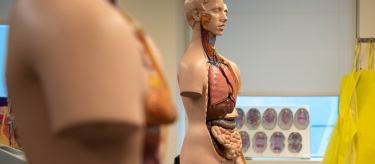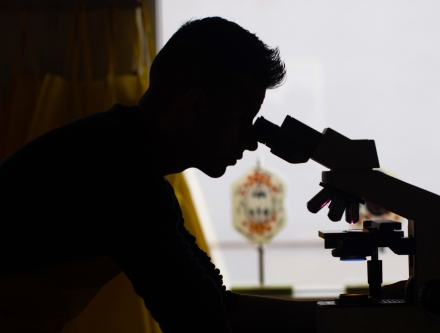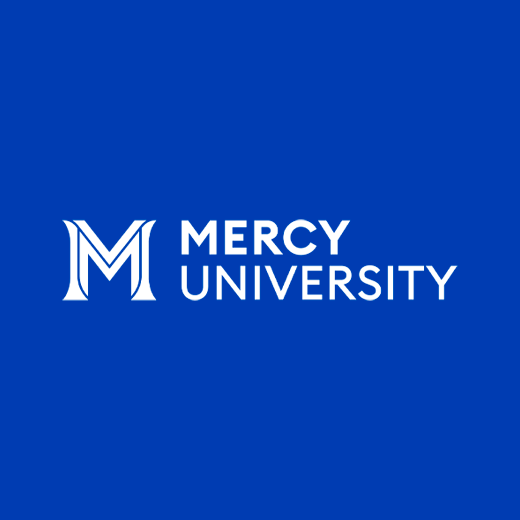
Biology: Animal Sciences
- 120 Credits
- School of Health and Natural Sciences
- Westchester

Biology Overview
The Animal Sciences concentration provides students with a comprehensive foundation in the life and animal sciences and is ideal for those interested in pursuing graduate studies toward becoming a veterinarian.
The critical thinking skills, quantitative reasoning and research experiences provide the groundwork for application to graduate school in the biological sciences, veterinary science and postgraduate professional and graduate schools.

Career Opportunities
The Biology program prepares students for careers in the life sciences, medicine and biomedical sciences, as well as for teaching, graduate school or veterinary school.
This program sets students up to apply to graduate school in the biological sciences and schools of:
- Veterinary medicine
- Medicine
- Research
- Pharmacy
- and more
Learn about the Biology Major Tracks
Dr. Renee Haskew Layton describes the biology major tracks at Â鶹ľ«Ć·.


















